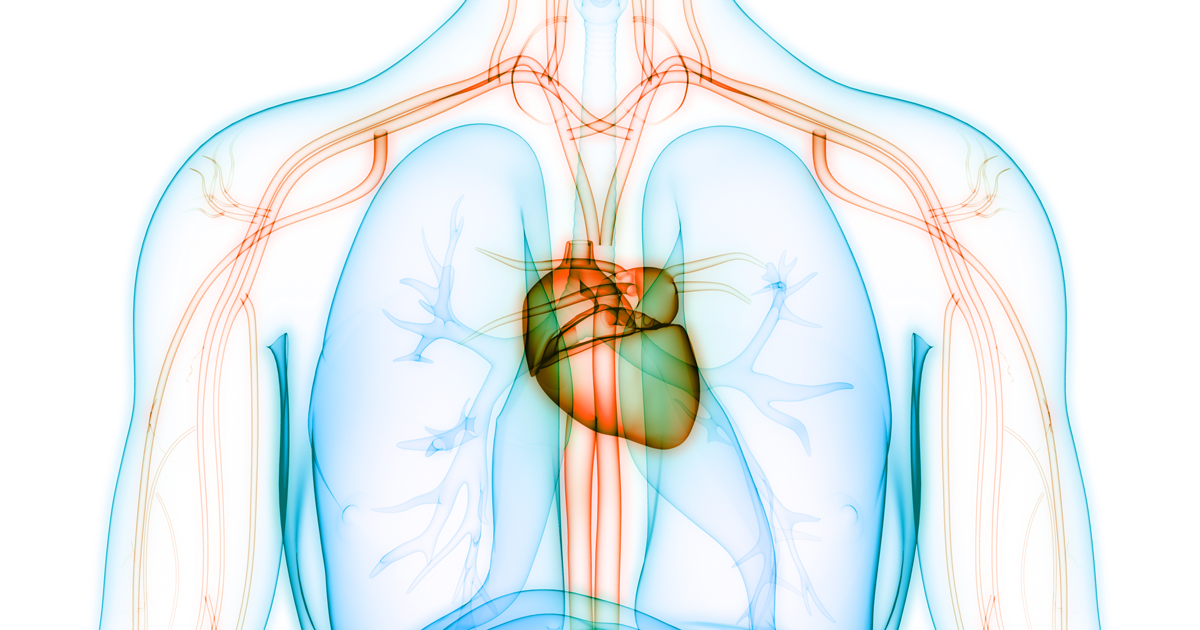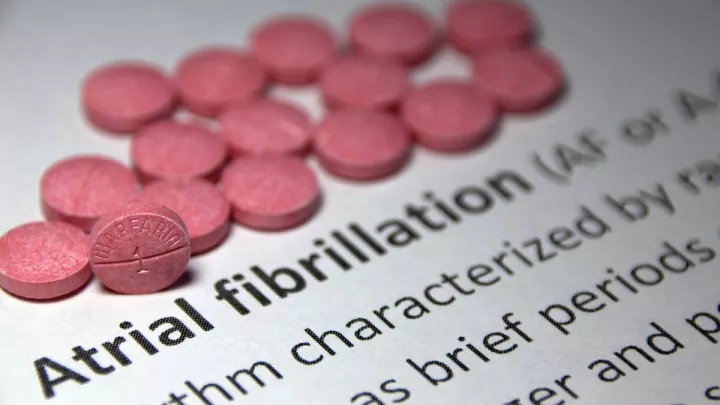What are symptoms of AFib?

Atrial fibrillation, also known as AFib or AF, is an irregular heart rhythm with often rapid heart rate. AFib is a problem with the heart’s electrical signals, causing chaotic and irregular pumping. This can increase the risk of stroke and/or heart failure.
AFib symptoms aren’t always obvious. Intermittent or continuous AFib episodes can occur without you even being aware. You may experience palpitations, which can feel like racing or irregular heartbeats or uncomfortable flip-flopping in your chest. Additional symptoms may include shortness of breath, feeling of weakness, lightheadedness or dizziness, rapid pulse and even chest pain.
AFib is treatable. If you have symptoms, don’t ignore them. Make an appointment with your doctor, who may order an electrocardiogram or heart monitor to determine if your symptoms are related to AFib or other arrhythmia conditions. Some patients may need an electrophysiology study to diagnose the problem accurately. Your best protection is to know your risk factors and let your doctor know if you are experiencing symptoms.
To find a primary care provider near you, call 800.922.0000.







